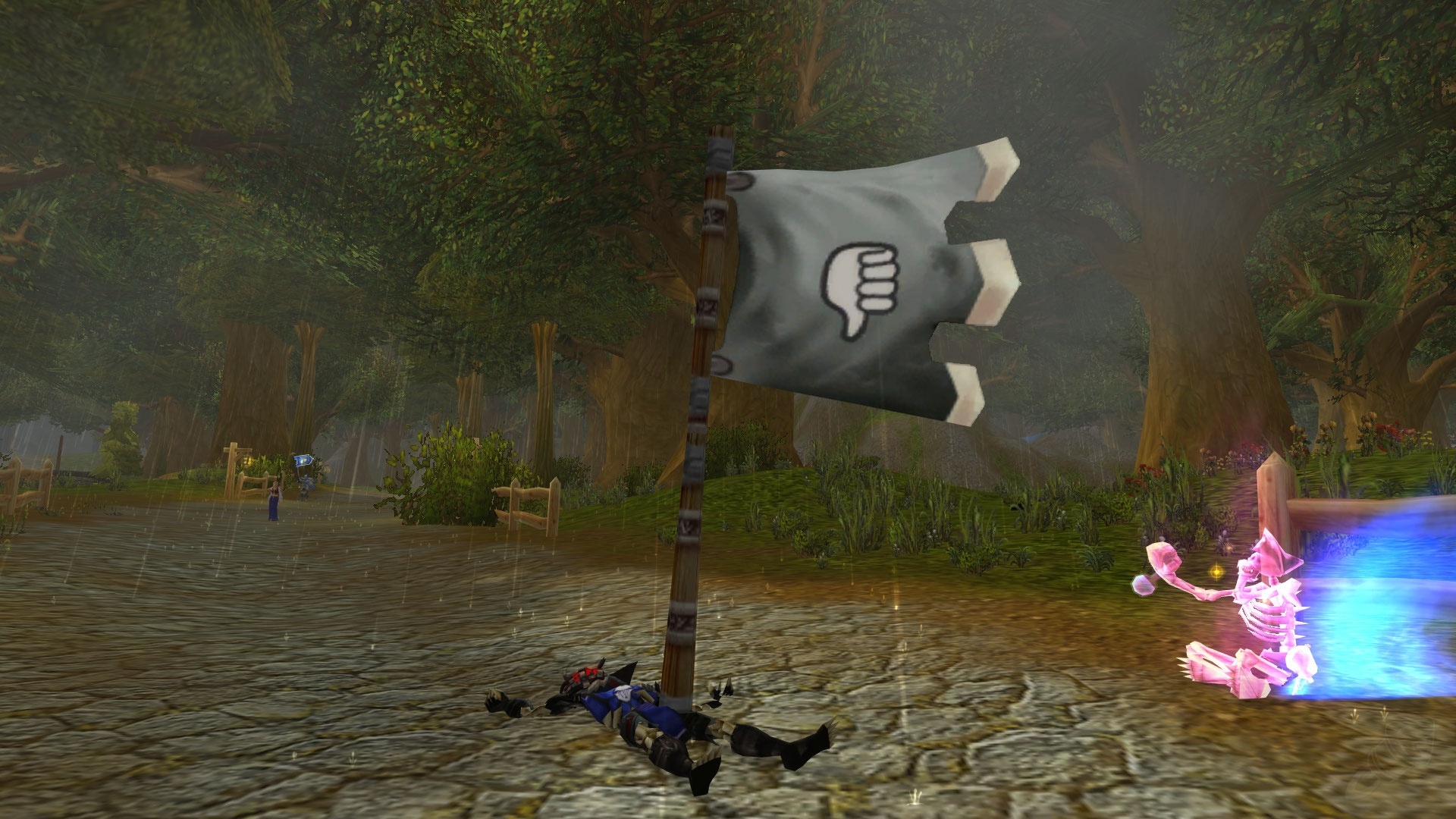

AJ doesn’t have the “clarity of purpose” that Stoehr requires the active nihilist to have. But he is unpracticed at this role, and his complaints about the state of the world end up sounding feeble and whiny.
#Wow to the looter go thespoils how to#
Dean worked hard to learn how to tap into his emotions and be more expressive: he studied the Method, took voice lessons, dance lessons… James Dean knew how to modulate his characters’ emotions over the course of a film, reining them in or letting them loose as the script required, and the viewer could share in the emotional journey. But in the third act of each film, the character’s passion and insight spills out in a compelling, poetic overflow.

In each of these three films, the character that Dean plays has thoughts and feelings that are hidden or that get stifled inside of him for one reason or another. (The song that’s playing is “Into the Ocean” by Blue October, a track about a depressed guy who wants to drown himself.) When Meadow asks if his behavior and depression are because of Blanca, AJ can only reply, “I don’t know anymore.” He is not able to clarify the problem, even in his own mind.Īs I re-watched this episode, I found myself thinking about the 3 films that James Dean made during his short life. But he snaps at her not to touch the sound system. She enters his bedroom and goes to turn down the music so they can have a thoughtful discussion. Meadow tries to engage him here like a good big-sister should. Sure, his depression and frustration may be rooted in his romantic disappointment with Blanca, but he seems to be using that disappointment now to justify being entitled and belligerent and emotionally indulgent (even more than he usually is). But that doesn’t seem to be what’s going on with him. Many of us would be able to relate, we’ve suffered that particular crisis. I think I could have been more sympathetic to AJ if he was simply going into a tailspin after losing his first love. The king of most literary teenagers is Holden Caulfield, and I see a little of him in AJ.” He felt that he himself can personally relate to the young man: “…in the case of AJ, I think I see myself as a teenager, as kind of a bumbling person. In an interview with Alan Sepinwall and Matt Zoller Seitz, Chase wondered why so many viewers disliked AJ. But when I re-watched the episode prior to starting this write-up, I realized the truth once again: AJ can be a pretty crappy person.ĭavid Chase is much more sympathetic toward AJ.
/cdn.vox-cdn.com/uploads/chorus_image/image/58721773/Yoggsaron.0.jpg)
I’m older now, more understanding, less prone to be judgmental of others. I thought this time it would be different. During previous re-watches, this episode always put me in a predicament: I wanted to feel a greater sympathy for AJ, but the scenes that led up to his suicide attempt as well as the scenes that followed it only served to remind me what a little shit he can be. What excited me the most was the thought that maybe I would be able to see AJ more sympathetically now. It’s been a while since I’ve watched this hour, and I was very much looking forward to revisiting it. Tony comes home to find AJ at the end of his rope.Įpisode 84 – Originally aired May 20, 2007 Phil Leotardo reaches the end of his rope with the Soprano famiglia.


 0 kommentar(er)
0 kommentar(er)
